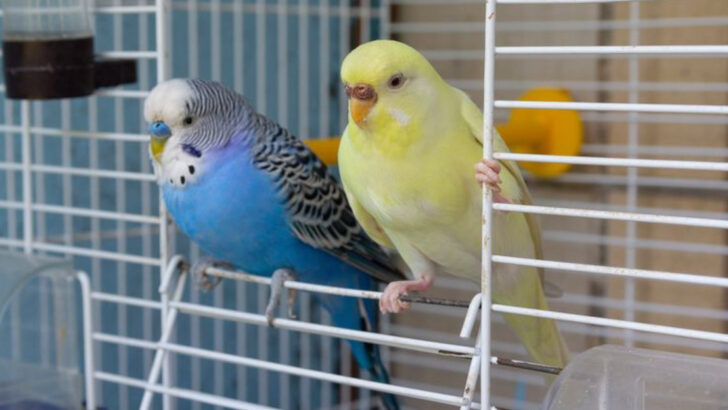Ready to bring a feathered friend into your life? Before you do, there’s a lot you need to know to ensure your new bird feels at home—and stays healthy, happy, and thriving.
Birds aren’t your typical pet; they have unique needs and quirks that will surprise even the most well-prepared owner. From their diet to the perfect cage setup, there’s no room for mistakes.
Get ready to dive into a world full of squawks, flutters, and endless charm. Whether you’re preparing for a chatty parrot or a quiet finch, knowing the essentials will turn you into the best bird parent on the block.
So, take a deep breath, and let’s get you prepared for a lifelong bond with your feathery companion. Trust us—you’ll be flying high with joy (and maybe a few feathers along the way).
Spacious Cage
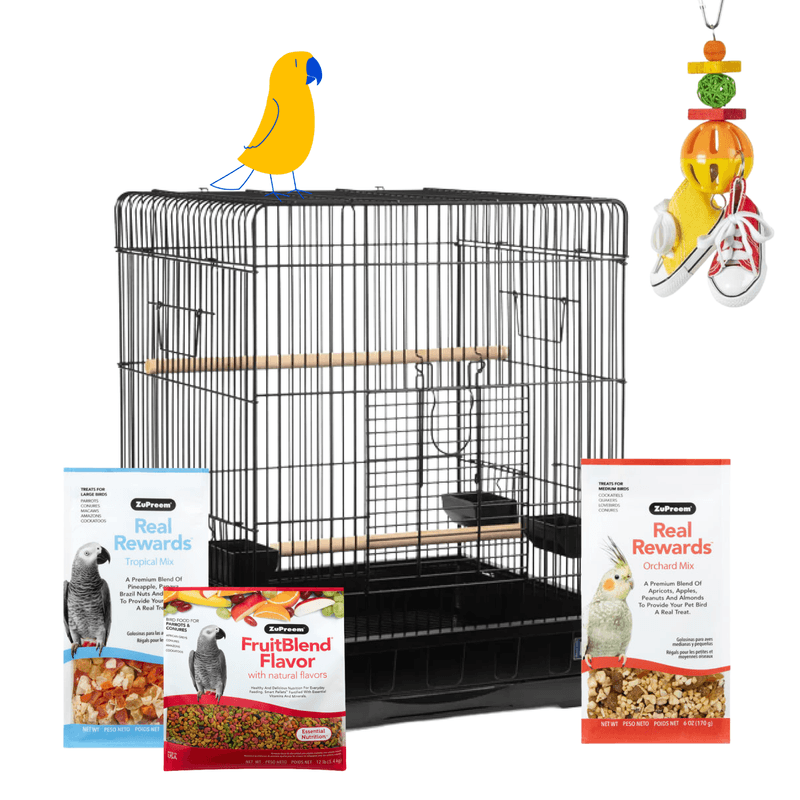
A spacious cage acts as your bird’s home, offering safety and comfort. Ensure it provides ample space for flying and playing, as birds need room to stretch their wings. The bars should be appropriately spaced and made of non-toxic material to prevent injury.
Opt for a design that allows easy cleaning and includes multiple perches to mimic a natural habitat. Incorporating toys and swings inside will keep your bird entertained and mentally stimulated.
Remember, a happy bird is one that feels safe and comfortable in its environment.
Balanced Diet
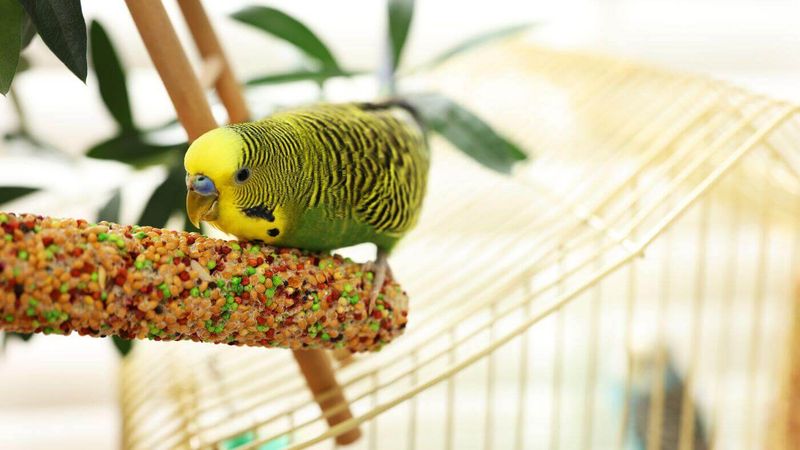
Providing a balanced diet is crucial for your bird’s well-being. A mix of seeds, fruits, and vegetables ensures your bird receives essential nutrients. Avoid feeding solely on seeds as this can lead to malnutrition.
Integrate a variety of fresh produce like berries and leafy greens, offering them in small, daily portions. Nuts can be given as occasional treats.
Always ensure fresh water is available, and consider consulting a vet for diet-specific advice tailored to your bird species.
Toys and Enrichment
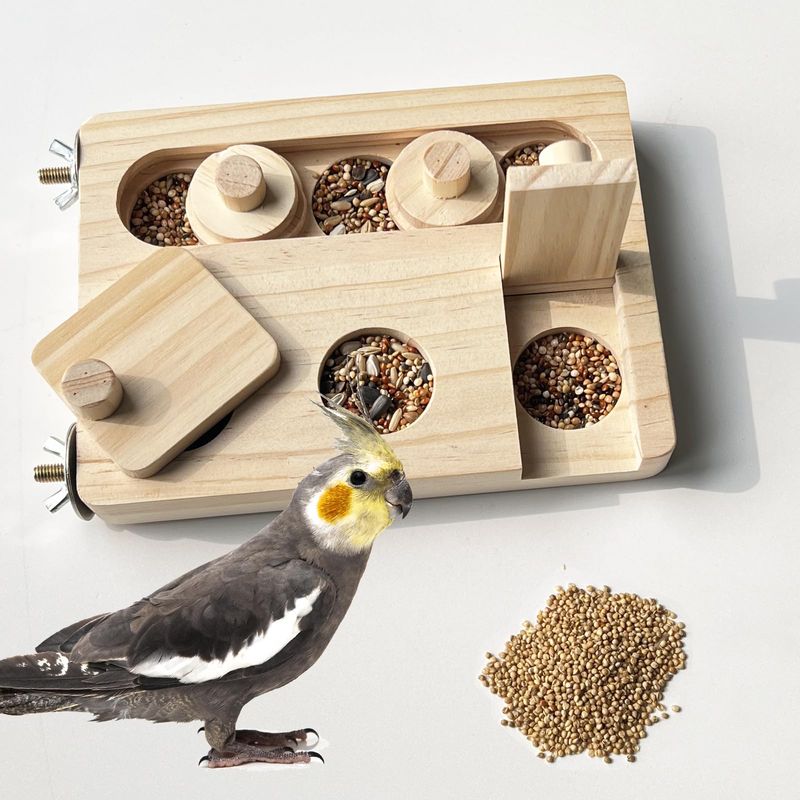
Toys are vital for your bird’s mental stimulation and physical activity. Choose a variety of toys, such as swings, mirrors, and puzzle feeders, to keep your bird engaged.
Rotate toys regularly to maintain interest and prevent boredom. This also helps in developing problem-solving skills and provides exercise.
Ensure toys are made from bird-safe materials and are appropriately sized for your bird to avoid any choking hazards.
Perches
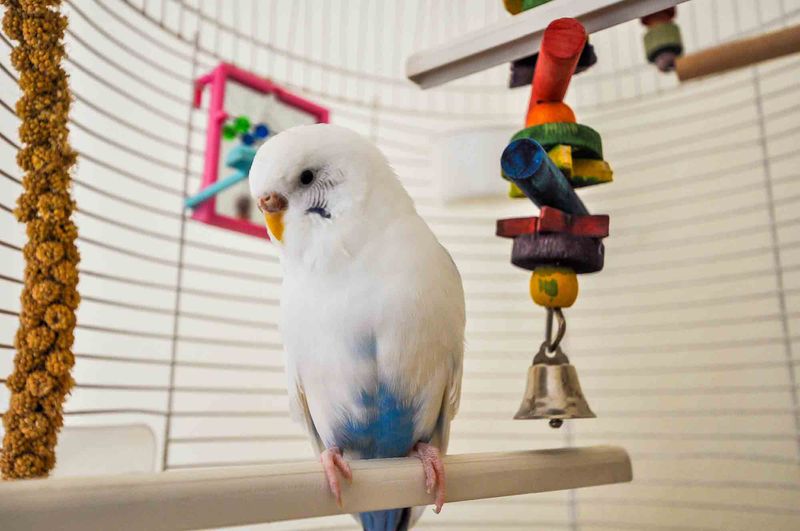
Perches are essential for your bird’s feet health, providing a place to rest and exercise. Offer a mix of natural wooden perches and synthetic options to cater to your bird’s needs.
Different textures and thicknesses help in preventing foot problems by promoting natural movement. Avoid sandpaper-covered perches as they can harm your bird’s feet.
Ensure perches are securely fixed to prevent accidents and are placed at varying heights within the cage.
Veterinary Care
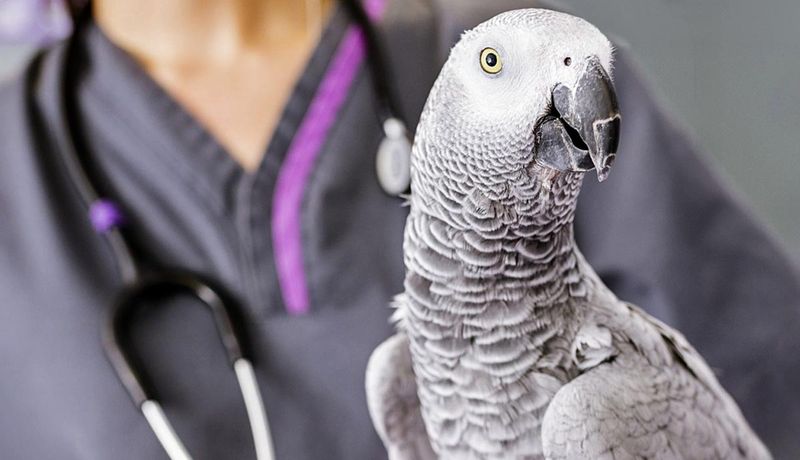
Regular veterinary care is crucial for your bird’s health. Schedule annual check-ups with an avian vet to monitor your bird’s well-being.
Early detection of potential health issues can prevent serious problems. Ensure the vet is experienced in treating birds and keep a list of emergency contacts handy.
Vaccinations, parasite control, and dietary advice are vital components of your bird’s healthcare routine.
Social Interaction
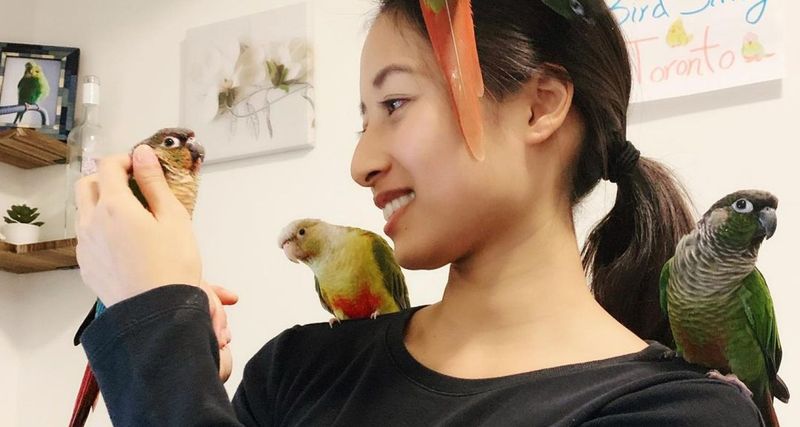
Social interaction is a key element in a bird’s life. Spend time daily to interact with your bird through play and communication. Birds, being social creatures, thrive on companionship.
This helps in building trust and strengthens the bond between you and your bird. Activities such as teaching simple tricks or mimicking sounds can be highly rewarding.
Remember, a well-socialized bird is a happy and confident bird.
Proper Lighting
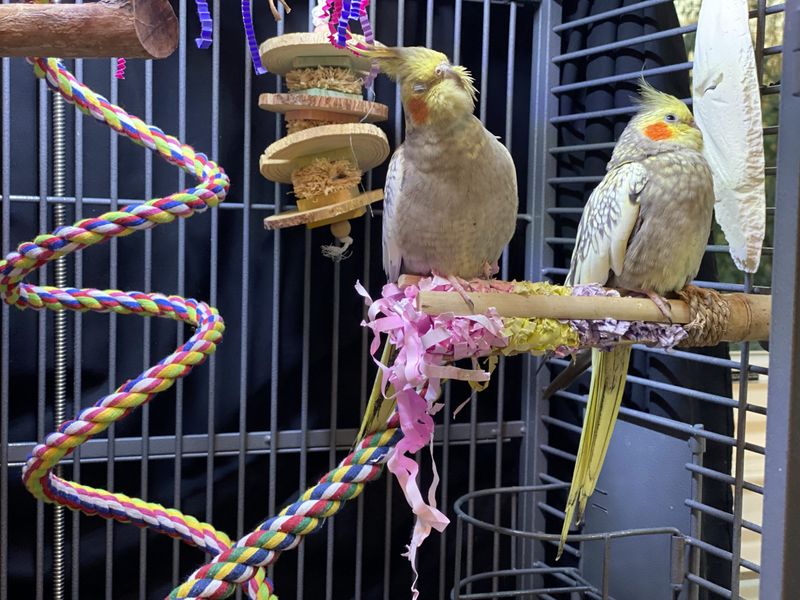
Proper lighting plays a significant role in a bird’s health. Birds require exposure to natural sunlight or full-spectrum lighting to synthesize Vitamin D3.
Position the cage near a window, ensuring the bird can enjoy sunlight but isn’t exposed to direct drafts. During darker months, use UV lamps designed for birds to supplement lighting.
Balance is key, as too much or too little light can affect your bird’s sleep and behavior.
Safety Measures
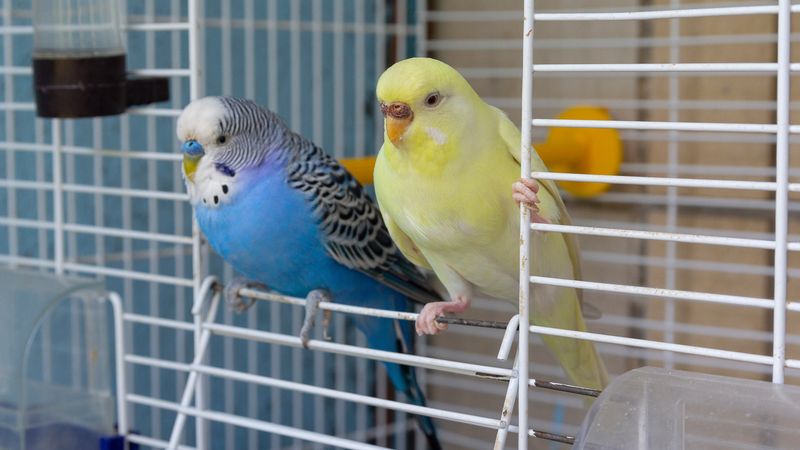
Ensuring your home is safe for your bird is paramount. Remove toxic plants, secure windows, and cover electrical cords to prevent accidents.
Avoid using non-stick cookware as fumes can be harmful. Birds are sensitive to smoke and strong scents, so maintain a clean, ventilated environment.
Implementing safety measures will create a secure space for your bird to explore and thrive.
Grooming Tools
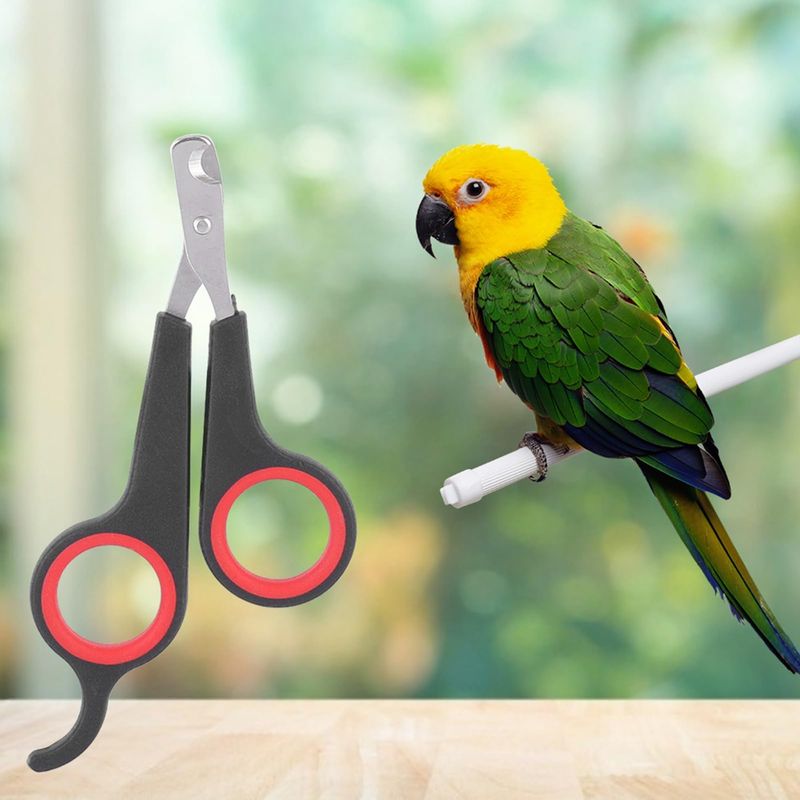
Grooming is vital for maintaining your bird’s health. Equip yourself with essential tools like nail clippers and a spray bottle for regular grooming.
Wing clipping and nail trimming should be done with care, preferably by a professional if you’re inexperienced. Provide your bird with opportunities for baths using a gentle spray or shallow water dish.
Regular grooming keeps your bird comfortable and prevents health issues related to overgrown nails or feathers.
Travel Carrier
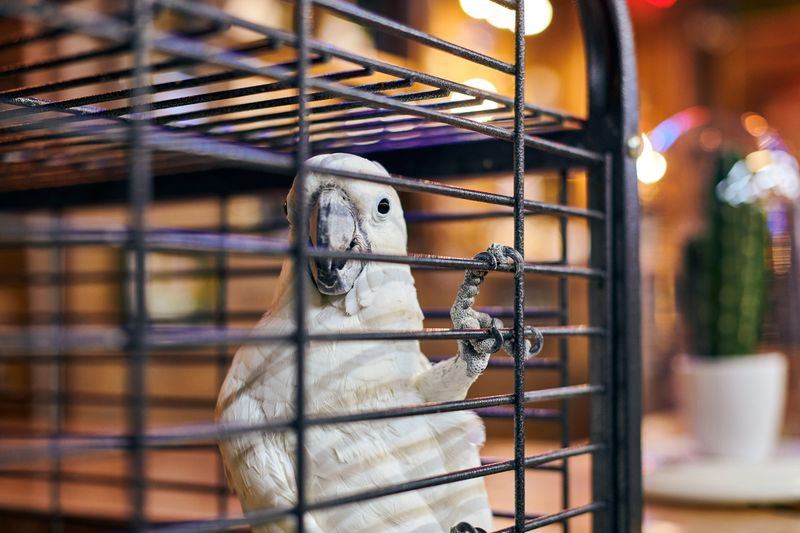
A travel carrier is essential for vet visits or relocating. Choose a carrier that’s secure, well-ventilated, and appropriately sized for your bird.
The interior should be padded for comfort, and the carrier should be easy to clean. Familiarize your bird with the carrier beforehand to reduce travel anxiety.
Practice short trips initially to help your bird adjust, ensuring they feel safe and comfortable during transportation.
Training Aids
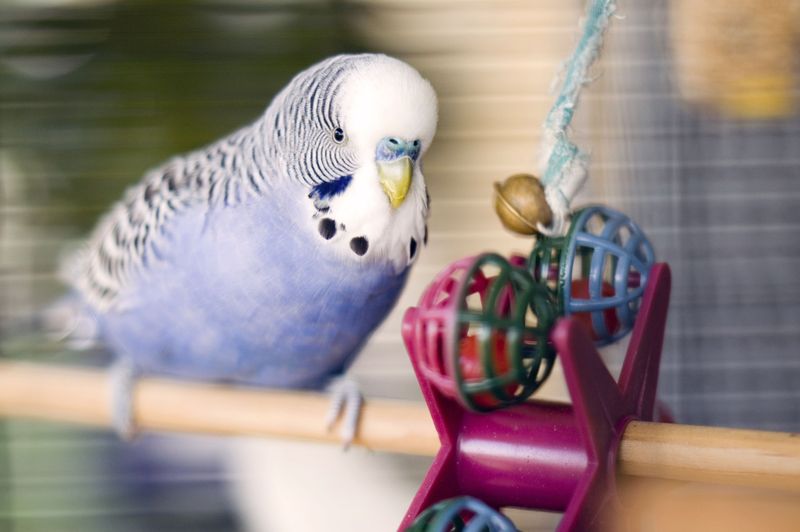
Training aids are helpful for teaching your bird new behaviors and tricks. Clickers, treats, and target sticks can be used to reinforce positive behavior.
Begin with simple commands and reward your bird with treats or praise. Training enhances the bond between you and your bird, providing mental stimulation.
Consistency and patience are key, making training a fun and rewarding experience for both you and your bird.
Emergency Kit
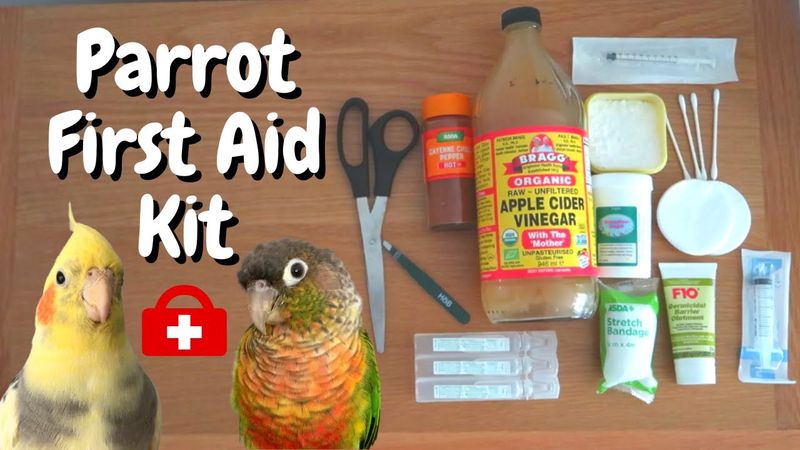
An emergency kit is a must-have for unexpected situations. Stock it with essentials like antiseptic wipes, bandages, and a small flashlight.
Include a guidebook on bird first aid and keep the kit accessible at all times. Being prepared can make a significant difference during emergencies.
Regularly check and replenish supplies to ensure the kit is always ready for use, providing peace of mind for you and safety for your bird.

